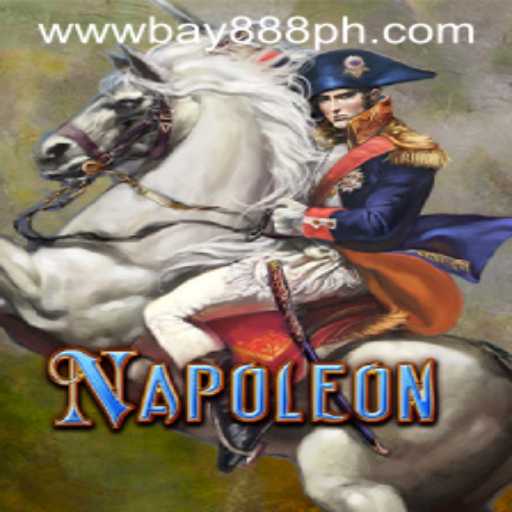Mastering Napoleon: The Art and Strategy of a Timeless Card Game
The card game Napoleon, often associated with the strategic brilliance of the famed French military leader, offers a fascinating glimpse into the art of strategy and tactical decision-making. Known for its compelling gameplay and intricate rules, Napoleon has remained a favorite among card game enthusiasts for centuries.
Introduction to the Game of Napoleon
Napoleon is a trick-taking card game that originated in Europe during the early 19th century. The game is believed to have been named after Napoleon Bonaparte, drawing a parallel between the skill required to win in battle and the strategy necessary to succeed in the game.
Traditionally played with a standard 52-card deck, Napoleon can accommodate three to seven players although it is best played with five. The game's primary objective is for players to bid on the number of tricks they believe they can take in a round, with the highest bidder then attempting to fulfill their bid.
The Importance of Strategy in Napoleon
Napoleon is not just a game of chance but one that requires a keen mind and strategic planning. Players must carefully evaluate their hands, anticipate opponents' moves, and make calculated bids. Success hinges not only on the strength of one's cards but also on the ability to strategize effectively.
Understanding the Rules of Napoleon
To engage in a game of Napoleon, players must first familiarize themselves with its rules. A dealer is chosen, and each player receives five cards. The remaining deck is placed face-down on the table.
The bidding process begins, with players declaring the number of tricks they aim to win and designating a trump suit. The player with the highest bid becomes the 'Napoleon' and attempts to achieve their bid, using the trump suit to their advantage. If successful, they receive points equal to their bid; failure results in a deduction of points.
Bidding Process: The bidding adds an extra layer of complexity. Players must decide whether to take risks with high bids or play conservatively. The art of bidding involves assessing the potential of your hand and predicting opponents' strategies.
Playing the Tricks: Once bidding is completed, the game proceeds with players attempting to win as many tricks as possible. The player leading the trick can play any card, and others must follow suit if possible. The highest card of the leading suit or the highest trump card wins the trick.
The Role of Napoleon in Modern Gaming Culture
As global events shape the way we engage with cultural pastimes, Napoleon has seen fluctuations in popularity. Yet, its enduring appeal lies in the player's ability to adapt their strategies to new dynamics. Recent years have seen an increase in the game's presence online, allowing players from different regions to connect and challenge each other.
Digital platforms such as BAY888 have capitalized on this resurgence, offering players opportunities to enjoy Napoleon in a virtual format. The convenience of playing online appeals to a new generation of gamers, providing an accessible avenue to experience this classic card game.
The Social Aspect of Playing Napoleon
Whether played in a physical space or online, Napoleon fosters an environment of camaraderie and competition. The game encourages social interaction, with players engaging in light-hearted banter and strategic banter. This aspect of Napoleon adds to its charm, making it a favorite at gatherings and social events.
Mastering the Game: Tips and Strategies
For those seeking to master Napoleon, understanding advanced strategies can make a significant difference. Observing opponents' behaviors, managing one's hand judiciously, and maintaining flexibility in tactics are crucial. Adapting to different play styles can enhance one's ability to predict opponents' moves and counter them effectively.
Another effective strategy is to remember key cards that have been played. Keeping track of which cards have been used can help players assess potential threats and opportunities, allowing for more informed decision-making.








